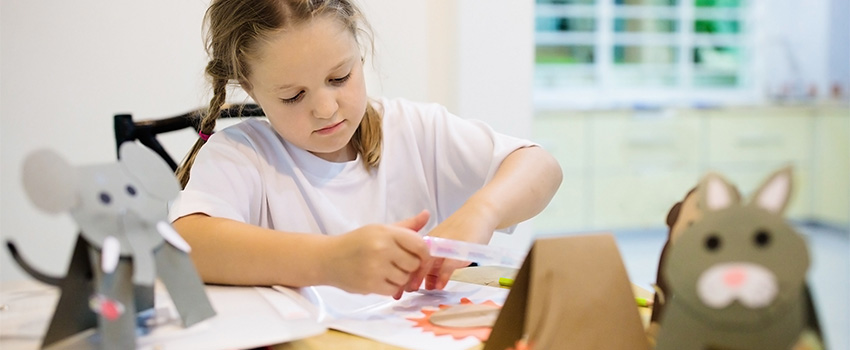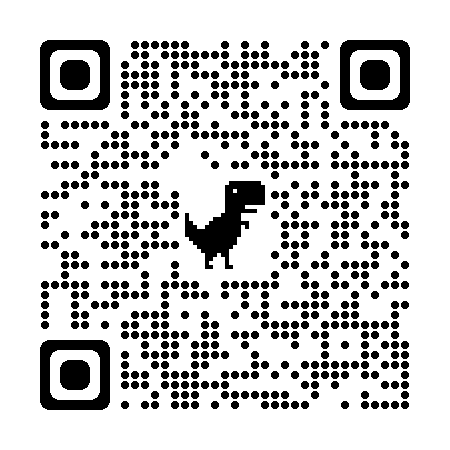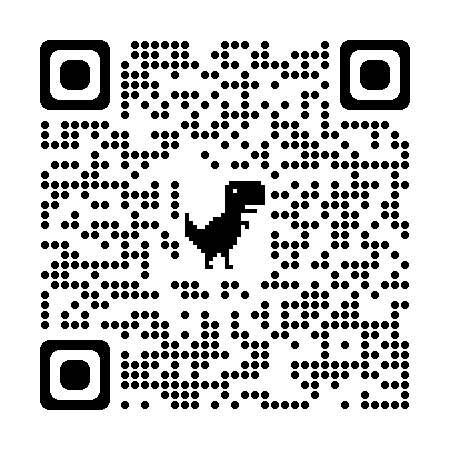Whether you are finishing your kid’s project, fixing a broken lamp, or restoring a title that has come loose in the kitchen, the use of super glue and other adhesives is common in every household. While it is helpful in binding things together, it can be a problem if you find it on your fabrics or carpet.
Several types of glue and adhesives can stain your clothes and carpets. You have to pick the right method for the glue you have spilled. Here’s how to remove glue from fabric and carpet!
1. Commercial Adhesives
Commercial adhesives are one of the hardest to get off from clothes and carpets. You have to use an adhesive remover.
If you find this type of glue on your garment, put it in the freezer. After some time, the adhesive will be frozen solid. This is the best time to break and remove it from the fabric. Use the stain remover to treat any remaining stain and wash it as usual.
For carpet stains, freeze the adhesive using ice cubes in a plastic bag. Once frozen, break the glue away. Make sure your remover will not damage the surface of the carpet. Try the solution in the hidden area first. After the complete removal of stains, wash and dry as usual.
2. Nail Glue and Super Glue
Artificial nail glue and super have the same formula. Their main active ingredient is cyanoacrylate, a resin that treats almost instantly. When these spill on clothes and carpets, do not wipe the adhesives immediately. Allow them to dry before removing.
You have to dip a cotton swab in an acetone-based nail polish remover. Test it on the inner seam of the fabric to make sure it will not cause any discoloration or damage. Work from the outside of the stain to the inside. Dab the dried glue with the swab, allowing the swab to sit on the glue for about 2 minutes.
Scrape away any loose glue using a dull kitchen knife. Repeat the process until all residues are lifted. For washable fabrics, treat the affected area with heavy-duty laundry detergent and softener. Double-check the fabric before drying. High heat will set any remaining stains and it will be impossible to remove.
However, some fabrics cannot tolerate acetate. In this case, you will have to contact a professional dry cleaner.
For a carpet spill, prepare a solution of one teaspoon dishwashing detergent, 1 cup of warm water, and 2 tablespoons of white vinegar. Dip a clean white cloth, sponge, or paper towel in the mixture and give the affected area a fast scrub. Blot with a clean cloth dipped in water to rinse and air-dry.
3. Glitter Glue
We always use glue for our DIY crafts and our children’s projects. This product is a mixture of the usual white glue, glitters, and colored dyes. Although it is not as thick as other adhesives, its stains are also difficult to remove due to the presence of dyes and glitter.
The technique for removing glitter glue from fabrics will depend on the condition of the adhesive. Is it still wet or has it already dried completely? You can use the edge of a card or a knife to remove as much dried glue as possible.
Create a solution using oxygen-based bleach and cold water. Soak your clothes completely for 8 to 10 hours. If all the stains are gone, wash it as usual. Otherwise, mix another solution and repeat the procedure.
To remove the glittering glue from a carpet, you will need a tool with a dull edge to break as much stain as possible. Prepare an oxygen bleach solution, this time using warm water. Soak the stained area for at least one hour. Use a clean and dry cloth to wipe away the glue.
If there are no dyes visible, use a sponge with plain water for cleaning and allow the carpet to air dry. If there are still stains, repeat the process or contact an expert in cleaning carpets.
4. Rubber Cement
Rubber cement, also known as contact cement, is a neoprene rubber adhesive that creates a fast and permanent bond. This glue works well on plastics, rubbers, glass, metals, veneers, and even leather. People often use it for fixing large surfaces such as kitchen counter tops. However, their stain on a fabric or a carpet can be challenging to remove.
If you want to remove rubber cement stains, you’ll also need a tool with a dull edge to scrape as much visible adhesive as possible from the surface. Do not rub the stain to prevent the glue from going deeper into the fabric. Use a detergent or stain remover to treat the affected area and then wash using hot water.
If it spilled on your carpet, lift away the adhesive using a tool with a blunt edge. Then prepare a mixture of liquid dishwashing detergent, warm water, and white vinegar. Dip a clean cloth in the solution and give the affected area a quick scrub. Rinse by dabbing with clean water and let it air dry.
5. Hot Glue
Hot glue guns and sticks are also a crafter’s best friend. However, hot glue resin can also stain your fabrics.
How to remove hot glue from fabric and carpet? Do the same procedures as when you are removing commercial adhesives. Place them in the freezer or in a plastic bag full of ice to make the hot glue brittle enough for scraping. Use a cleaner to remove excess residues and then wash as usual. If you have less time, you may also try acetone if it will not damage the fabric.
While these steps can help do the job, cleaning professionals should know there can be one more step. In most cases, the whole process may be repeated to insure that all the residues have been removed from the fabrics and carpets. Call Kelly’s Dry Cleaners in Durango and Farmington at (970) 903-1642 or (505) 564-3333, respectively.



